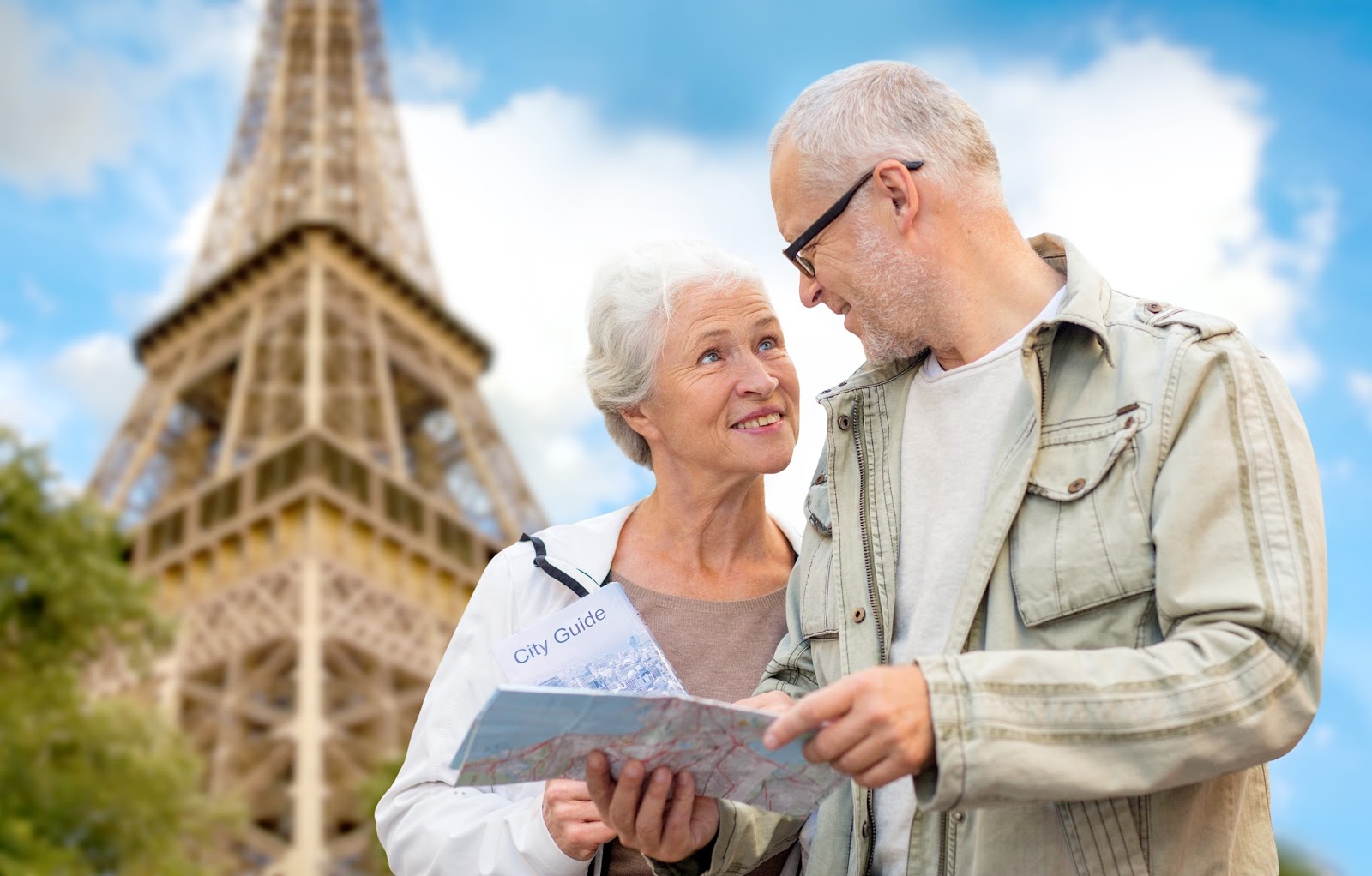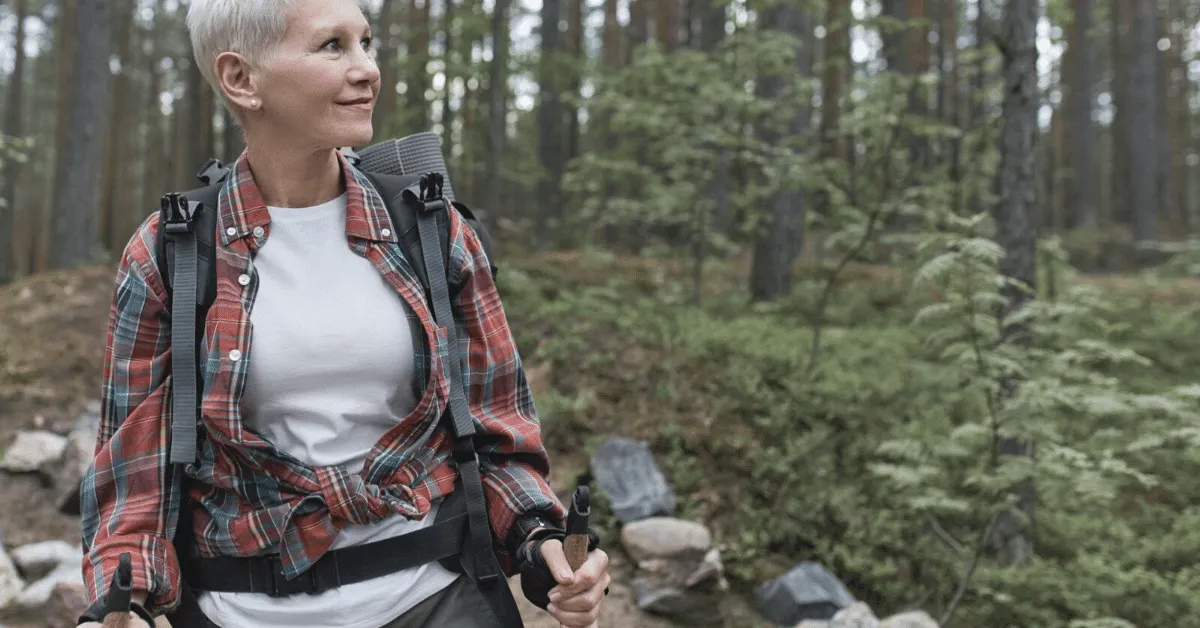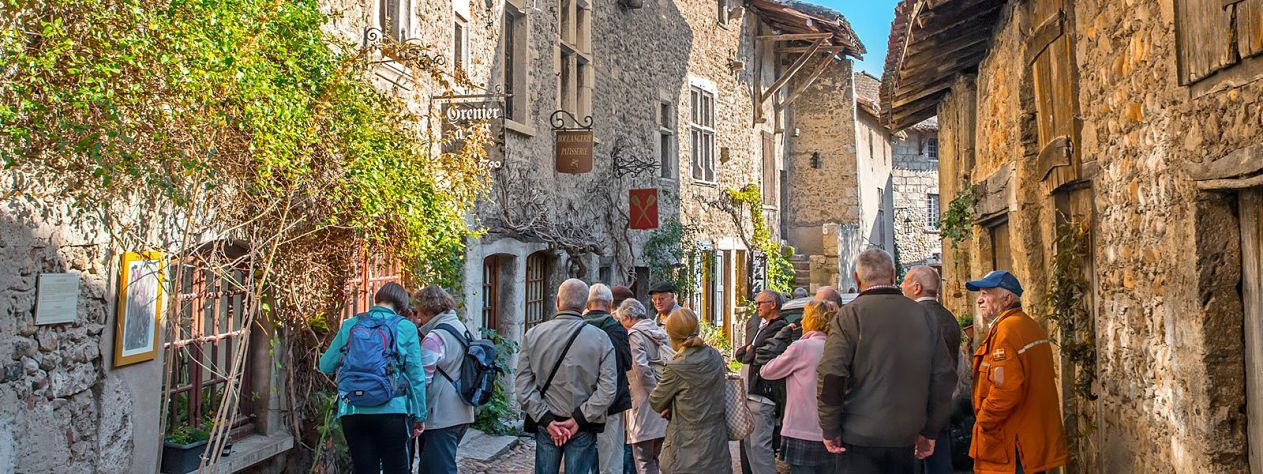Travel for older singles offers a unique blend of independence and exploration. This burgeoning market caters to a demographic seeking enriching experiences, tailored to their specific needs and preferences. From meticulously planned itineraries to accessible destinations and thoughtful safety considerations, the focus is on creating unforgettable journeys that celebrate solo exploration and foster connection.
This guide delves into the practicalities and pleasures of solo travel for older adults, addressing everything from choosing the perfect destination and planning logistics to managing health concerns and maximizing budget. We explore diverse travel styles, highlighting both the advantages and challenges inherent in this rewarding form of adventure.
Destinations Suitable for Older Single Travelers
Choosing the right destination for solo senior travel requires careful consideration of accessibility, safety, and personal preferences. Factors such as ease of navigation, reliable transportation, and a welcoming atmosphere are crucial for a positive and enjoyable experience. This section will explore several destinations well-suited for older single travelers, highlighting their unique attributes and potential challenges.
Ideal Destinations for Solo Senior Travel
Five destinations stand out as particularly well-suited for older single travelers seeking ease of navigation and accessibility: San Sebastian, Spain; Quebec City, Canada; Charleston, South Carolina; Budapest, Hungary; and Kauai, Hawaii.San Sebastian offers a manageable city size, excellent public transportation, and a pedestrian-friendly historic center. Potential safety concerns are minimal, with a generally low crime rate.
Quebec City boasts charming cobblestone streets, but its hilly terrain might pose challenges for some; however, accessible transportation options are readily available. Charleston, known for its historic charm and Southern hospitality, provides a slower pace of life and generally easy navigation. Budapest offers a rich cultural experience with relatively easy-to-navigate public transportation, although some areas might require more physical exertion.
Kauai, with its stunning natural beauty, presents a more relaxed atmosphere, but navigating the island may require rental car consideration. Accessible transportation varies across the island, so planning is essential.
Comparison: Bustling City vs. Tranquil Beach Resort
Comparing Budapest, Hungary (bustling city) and Kauai, Hawaii (tranquil beach resort) illuminates the diverse options available to older single travelers. Budapest offers a rich cultural immersion with historical sites, thermal baths, and vibrant nightlife. However, navigating the city, particularly during peak seasons, can be challenging, and the pace of life might be overwhelming for some. Kauai, on the other hand, provides a tranquil escape with stunning natural beauty, ideal for relaxation and rejuvenation.
However, its more spread-out nature necessitates reliance on rental cars or organized tours, potentially limiting independence for some travelers. Both destinations offer accessible options but cater to different travel styles and preferences.
In this topic, you find that inexpensive travel destinations is very useful.
Destinations Compared: Accessibility, Transportation, and Safety
| Destination | Accessibility Features | Transportation Options | Potential Safety Concerns |
|---|---|---|---|
| San Sebastian, Spain | Mostly flat terrain, good pedestrian infrastructure, accessible public transport | Extensive bus network, trams, taxis readily available | Generally low crime rate, but petty theft is a possibility |
| Quebec City, Canada | Some hilly areas, but accessible taxis and public transport available | Buses, taxis, and a funicular for navigating steeper inclines | Generally safe, but be aware of your surroundings, especially at night |
| Kauai, Hawaii | Accessibility varies depending on location; some resorts offer accessible facilities | Rental cars recommended for exploring the island; limited public transport | Generally safe, but be mindful of ocean conditions and potential hazards in nature |
Health and Safety Considerations for Older Single Travelers

Solo travel offers unparalleled freedom, but for older adults, prioritizing health and safety is paramount. This requires careful planning and proactive measures to mitigate potential risks and ensure a worry-free journey. Understanding the specific health concerns and safety protocols relevant to older single travelers is crucial for a successful and enjoyable trip.
Essential Health Precautions and Travel Insurance
Before embarking on any trip, older single travelers should consult their physician for a comprehensive health check-up. This consultation should include discussions about necessary vaccinations, depending on the destination, and any pre-existing conditions that might require special attention or medication management during travel. It’s crucial to obtain a detailed medical summary outlining any allergies, current medications, and any relevant medical history.
This information should be carried with the traveler at all times, preferably in multiple locations (e.g., a copy in luggage, a digital copy, and a physical copy in a readily accessible pocket). Furthermore, comprehensive travel insurance is essential. This should cover medical emergencies, evacuation, and repatriation, particularly crucial for solo travelers who lack immediate family support on-site. Policies should explicitly detail coverage for pre-existing conditions and offer 24/7 emergency assistance services.
Managing Common Health Concerns While Traveling Solo, Travel for older singles
Mobility issues are a common concern for older travelers. Careful consideration should be given to the chosen destination’s accessibility. This involves researching hotels, transportation options, and attractions to ensure they are suitable for individuals with limited mobility. Travelers should also pack any necessary mobility aids, such as canes, walkers, or wheelchairs, and confirm that these will be accommodated on flights and in chosen accommodations.
Medication management is equally important. Travelers should carry sufficient medication for the entire trip, along with copies of prescriptions. Medications should be stored securely and correctly, adhering to any specific temperature or light requirements. Additionally, it’s advisable to carry a list of all medications, dosages, and potential side effects in case of emergency. Packing a small first-aid kit containing essential items like bandages, antiseptic wipes, pain relievers, and any personal medications is also recommended.
Emergency Contacts and Procedures
Establishing a comprehensive network of emergency contacts is vital for older single travelers. This should include family members, close friends, and the traveler’s physician. It’s recommended to share detailed itinerary information with these contacts, including flight numbers, hotel details, and planned activities. Emergency contact information for the relevant embassy or consulate of the traveler’s home country in the destination country should also be readily available.
Knowing the local emergency services number (e.g., 911 in the US, 999 in the UK) is essential. Consider registering with your country’s embassy or consulate before your trip; many offer services to assist citizens traveling abroad. Finally, travelers should inform their bank and credit card companies about their travel plans to avoid any issues with accessing funds during their trip.
Consider carrying a small amount of local currency for immediate needs.
Accommodations Suitable for Older Single Travelers: Travel For Older Singles
Choosing the right accommodation is crucial for a smooth and enjoyable solo trip for older travelers. Factors such as accessibility, safety, and convenience significantly impact the overall experience. This section compares various accommodation types, highlighting features beneficial to older single travelers and outlining the advantages and disadvantages of each.
Hotel Accommodations for Older Single Travelers
Hotels offer a range of amenities and services tailored to diverse needs. Many establishments provide single occupancy rooms, eliminating the unnecessary cost of double occupancy. Furthermore, many hotels are increasingly incorporating accessibility features, such as roll-in showers, grab bars in bathrooms, and wider doorways, to cater to guests with mobility challenges. Some upscale hotels also offer emergency call systems in rooms, providing an extra layer of safety and security for solo travelers.
The readily available staff and on-site services, such as housekeeping and room service, offer convenience and peace of mind. However, the social interaction may be limited compared to other options.
Resort Accommodations for Older Single Travelers
Resorts often present a more inclusive environment, potentially offering organized activities and social opportunities, combating the potential loneliness of solo travel. Many resorts offer accessible rooms and amenities, similar to hotels, and some even specialize in catering to older travelers, providing tailored services and programs. The all-inclusive nature of some resorts can also simplify budgeting and planning. However, resorts can be more expensive than hotels and the structured environment might not suit all travelers.
For example, the large-scale activity programs might be overwhelming for some individuals.
Vacation Rental Accommodations for Older Single Travelers
Vacation rentals, such as apartments or cottages, offer greater privacy and independence. They can provide more space and the opportunity to prepare meals, which can be beneficial for managing dietary needs or preferences. Some vacation rentals offer accessibility features, but this varies greatly depending on the property. The lack of readily available on-site staff might be a concern for some older travelers, however, the increased privacy and self-sufficiency can be a significant advantage for those who value independence.
For instance, a single traveler might prefer the quiet of a vacation rental over the bustling atmosphere of a hotel.
Comparing Hotels and Vacation Rentals for Older Single Travelers
The choice between a hotel and a vacation rental depends heavily on individual preferences and needs. Hotels generally offer more amenities, services, and readily available assistance, while vacation rentals provide greater privacy and independence. The cost can vary significantly, with vacation rentals potentially offering better value for longer stays. Safety and accessibility features vary depending on the specific property in both cases, requiring careful consideration when booking.
For example, a traveler with limited mobility might prioritize a hotel with confirmed accessible features over a potentially inaccessible vacation rental, even if the rental is cheaper.
Embarking on a solo adventure as an older single presents a chance for self-discovery, relaxation, and the creation of lasting memories. With careful planning, consideration for personal needs, and a proactive approach to safety and well-being, the rewards of independent travel are immeasurable. Whether exploring bustling cityscapes or tranquil beach retreats, the journey itself becomes a testament to the enduring spirit of adventure.



